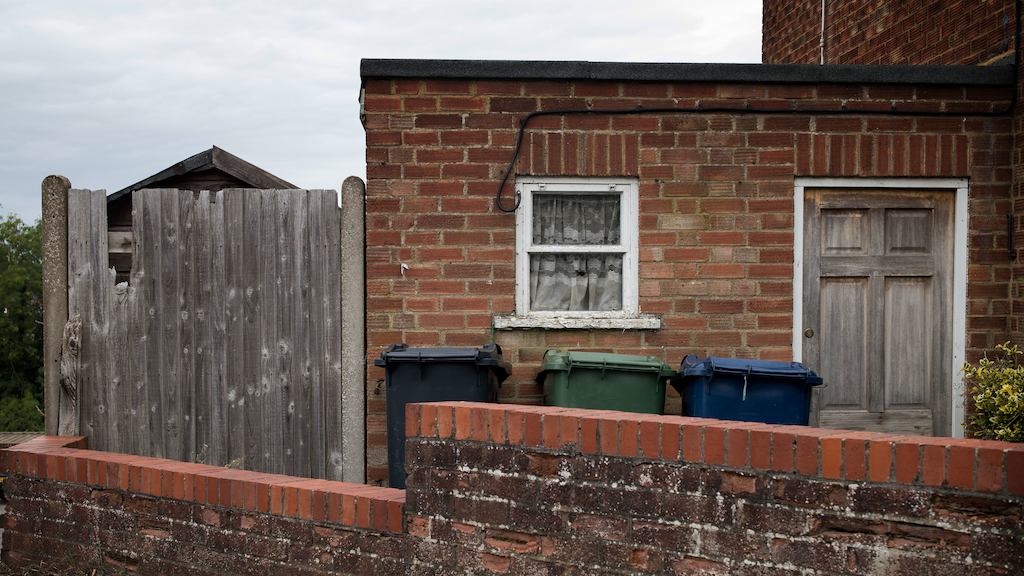News
Centre for Ageing Better
27 May 2021
An evidence-based analysis of England’s housing policies to determine the causes of, and solutions to, the poor quality of so much of our housing.

Commissioned by the Centre for Ageing Better, the Inquiry was led by an independent panel and chaired by David Orr CBE.
Around 10 million people in England currently live in a home that presents a serious threat to their health and safety – defined by the government as ‘non-decent’.
The Good Home Inquiry, commissioned by the Centre for Ageing Better, provides an evidence-based analysis of England’s housing policies to determine the causes of, and solutions to, the poor quality of so many of our homes.
The need to act is urgent. We have an ageing population, with one in four of us expected to be aged over 65 by 2050. And yet the UK’s housing stock is the oldest in Europe, and the least suited to deal with the adaptations needed for the changing needs of an older population.
The benefits of good homes are wide, ranging from good health, financial stability and independent yet socially connected living. Investing in the maintenance and upgrade of our homes is a vital investment in a key piece of the nation’s infrastructure.
The Inquiry, launched in July 2020 and ran until autumn 2021. Inquiry Chair, David Orr CBE, was joined by a panel of three leading experts – Lord Victor Adebowale CBE, Vidhya Alakeson OBE, and Pat Ritchie CBE – bringing a diverse range of experience and expertise.
The Inquiry supports the Centre for Ageing Better’s goal that by 2030 more people aged 50 and over will live in homes that support them to live healthy and fulfilling later lives.
Read the final report from the Inquiry:

We have commissioned a series of underpinning research projects to support the work of the Inquiry. This research examines how we experience our homes to inform future solutions.
We've commissioned research projects that look at the policy context, what we can learn from the past, and recommendations for future solutions.
Poor-quality housing has a profound impact on health, especially in the context of COVID-19. The condition of homes, insecure tenure, and wider neighbourhood characteristics all have a considerable effect on health and wellbeing.
The UK government has legally enshrined its commitment to reach net zero carbon emissions by 2050. It cannot do that without addressing the problem of low-quality housing. Despite the daunting scale of the task ahead of us, the retrofit challenge also represents an enormous opportunity to create multiple benefits by acting to improve and adapt our homes at the same time.
Financing solutions must be found in three key areas: maintenance and repairs; adaptations for ageing populations; and energy efficiency works. We need to develop a variety of innovative financing models and encourage better collaboration between industry and homeowners to bring about the changes required.
Increasing use of technology within the home means that anyone left without a good internet connection or the skills to make use of it will be left at a disadvantage. Particularly with a shift to ‘virtual’ services in a post-COVID world. Digital connectivity will be as much a part of what makes a good home as warmth, comfort and safety.